
How to foster your child’s problem-solving skills through gestures
Key points:1. Children understand concepts like big and small and start grasping numbers and spatial prepositions.2. Gestures play a role…
[cat_cust_menu]

Key points:1. Children understand concepts like big and small and start grasping numbers and spatial prepositions.2. Gestures play a role…

Key points:1. Babies start communicating through gestures around 5 months.2. Gestures facilitate learning by regulating children’s attention and providing conceptual…

Key points:1. Children’s language development progresses in distinct stages during the first few years.2. Babies start with vowel and guttural…
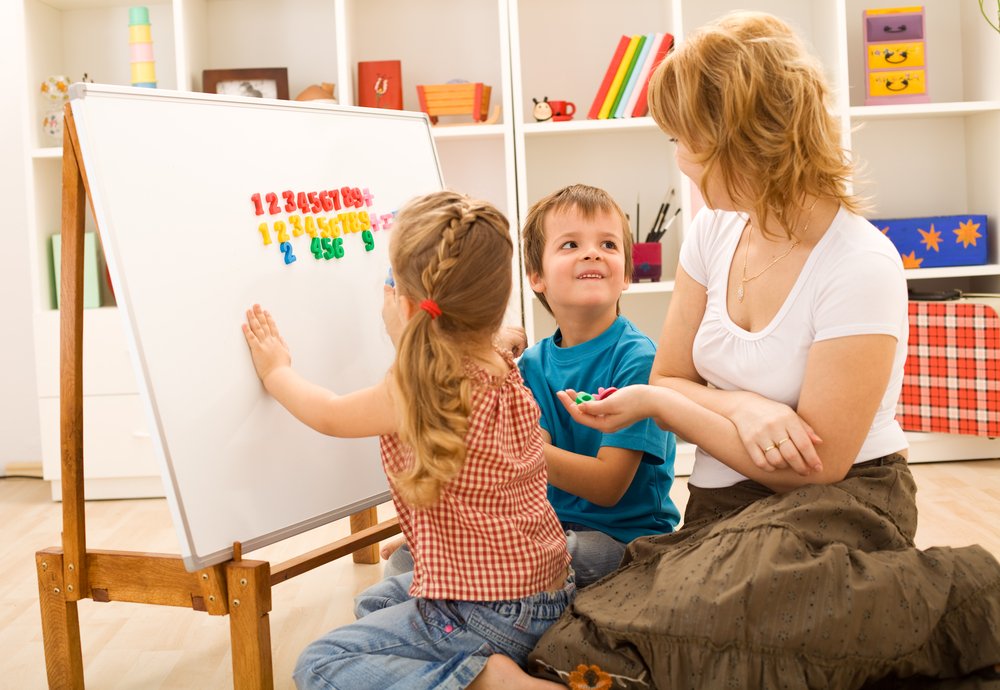
Key points: Mathematical concepts in young children develop through their daily play experiences. Around age two, children start distinguishing between…
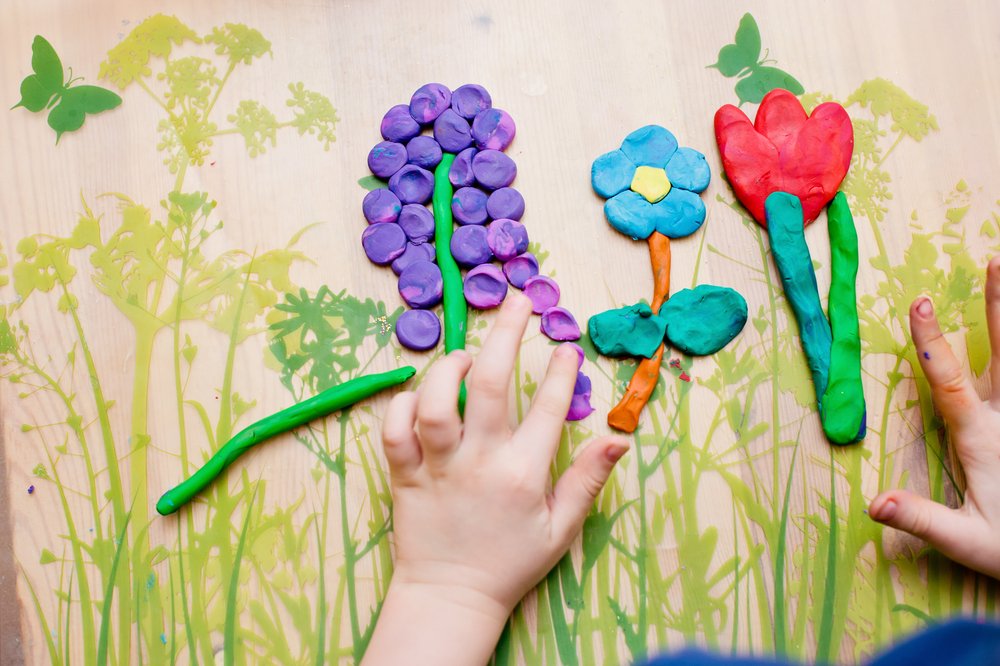
Key points: Hand preference or dominance emerges between 2 and 4 years of age in most children. Hand preference stabilizes…
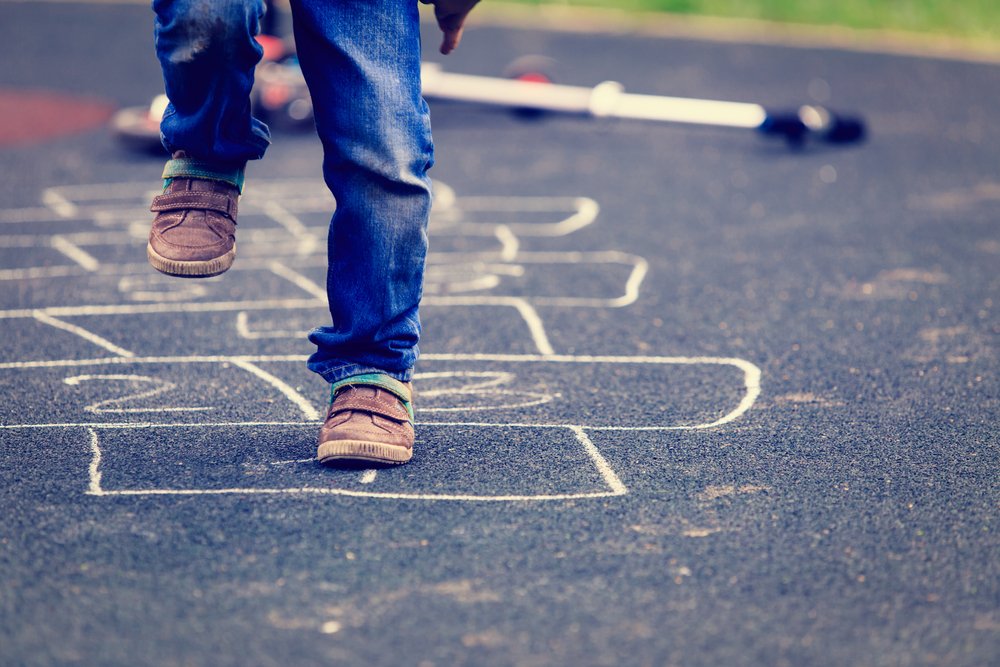
Key points: Physical development includes gross and fine motor skills, involving large and small muscle movements. Milestones like crawling and…

Key points: Object manipulation in early development is crucial for later language, communication, and gestural skills. Exploration of objects is…

Key points: Temperament is innate and can make a child more or less likely to be shy, but can be…
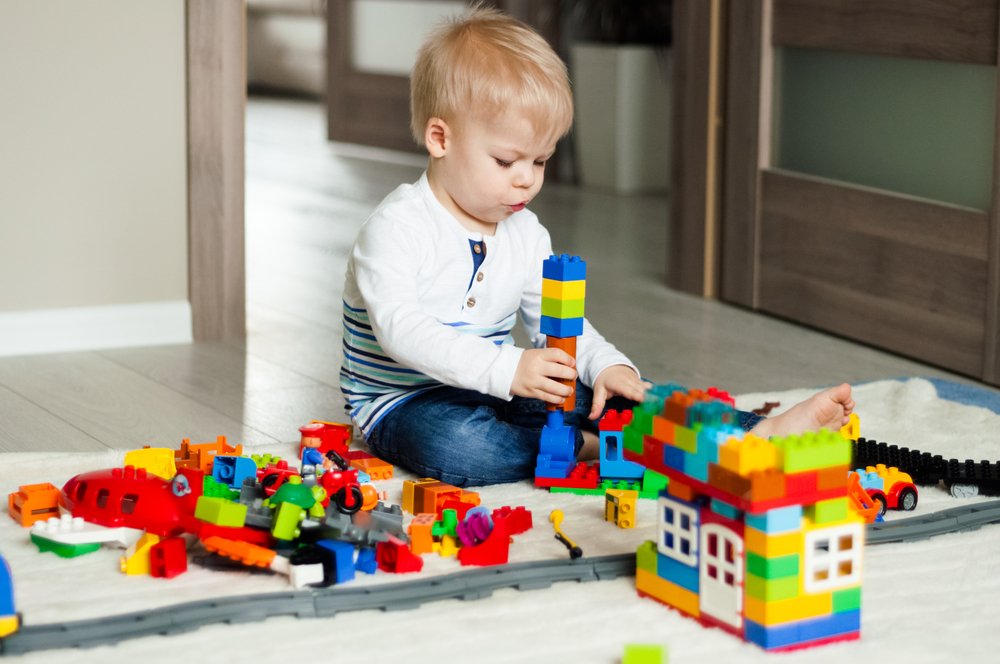
Key points: Your child’s manipulative skills involve using objects to complete tasks and are essential for understanding the world. They…
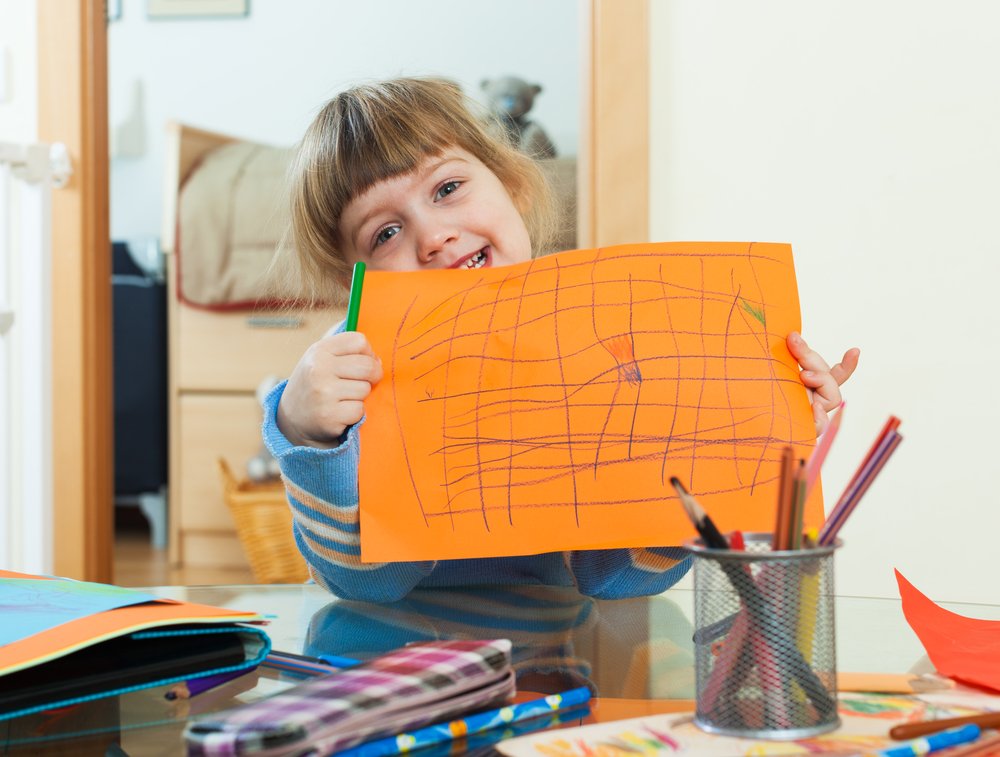
Key points: Around 34 months, your child starts holding crayons with a more mature grip, preparing for writing. They plan…
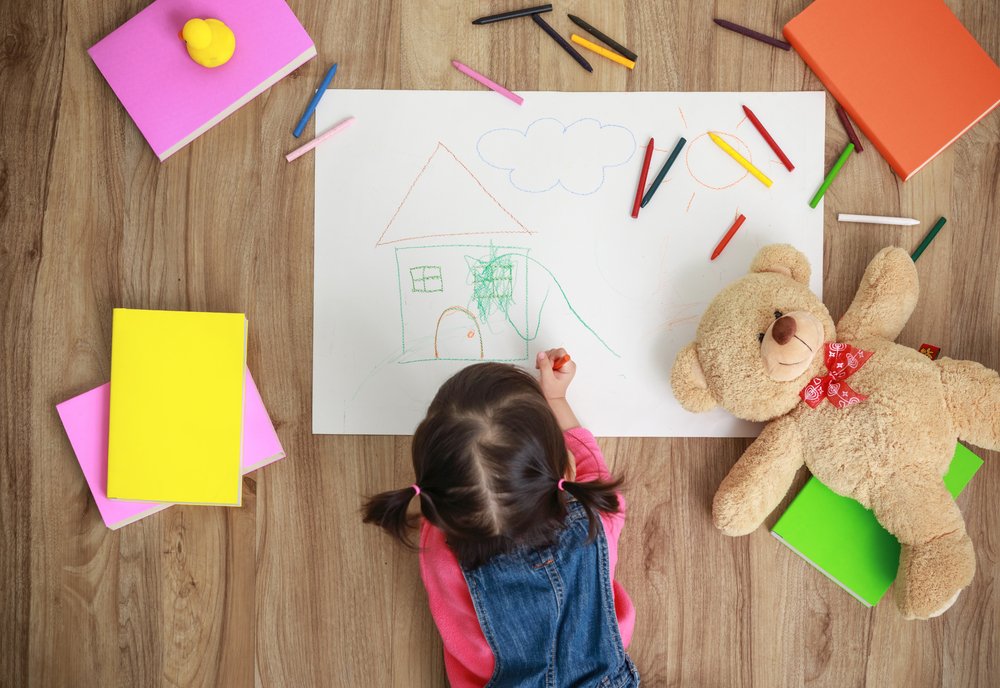
Key points: Scribbling is a crucial early step in preparing your child for reading and writing. It fosters hand and…
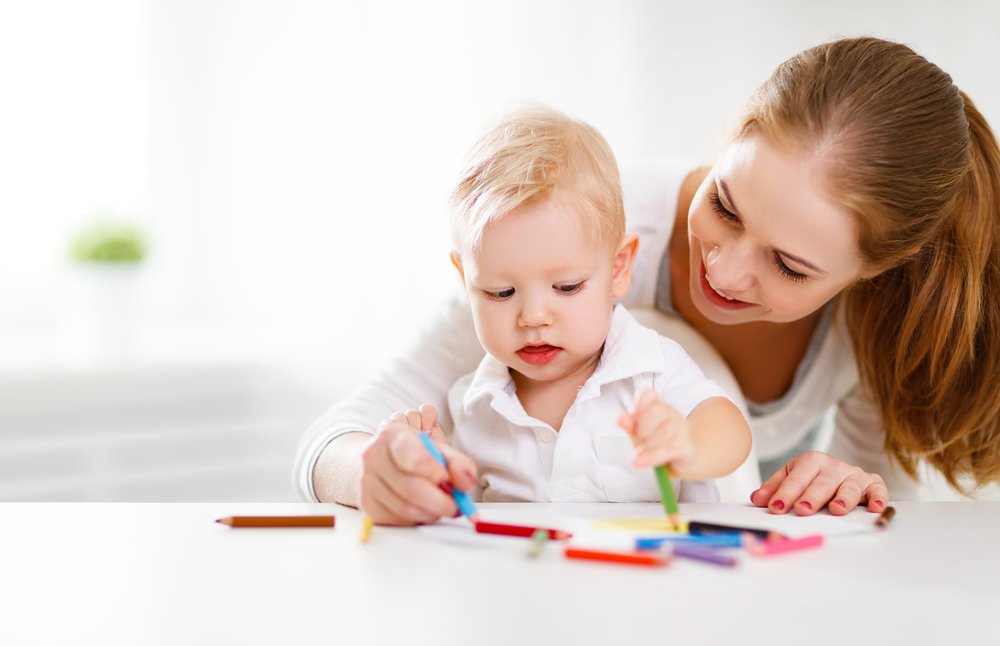
Key points: From birth, your child begins developing hand and finger strength, preparing for tasks like drawing and writing. Motor…

Key points: Fine motor skills are crucial for holding and manipulating objects, which are essential for tasks like writing, buttoning…

Key points: Conversational turn-taking is crucial for language development in children between 18 and 24 months. Children engaged in conversations…

Key points: Children of all ages face problems and challenges. Teaching problem-solving involves four roles: observer, supporter, facilitator, and model….

Key points: Acknowledge and embrace the changes that come with welcoming a new member to the family. Improving the quality…

Key points: 1. The development of physical skills is essential in your child’s growth journey, from grasping your finger to…

Key points: 1. Writing and drawing skills develop gradually, starting with random scribbling around 16 months. 2. Controlled scribbling and…

Key points: 1. Play is essential for a child’s development, fostering exploration, learning, creativity, and social interaction. 2. When playing…

Key points: 1. Theory of mind is the ability to understand that others have their own thoughts, beliefs, and desires….

Key points: 1. Collaboration involves working together to achieve a common goal and requires advanced cognitive and social skills. 2….
Subscribe to our newsletter and join Kinedu’s community